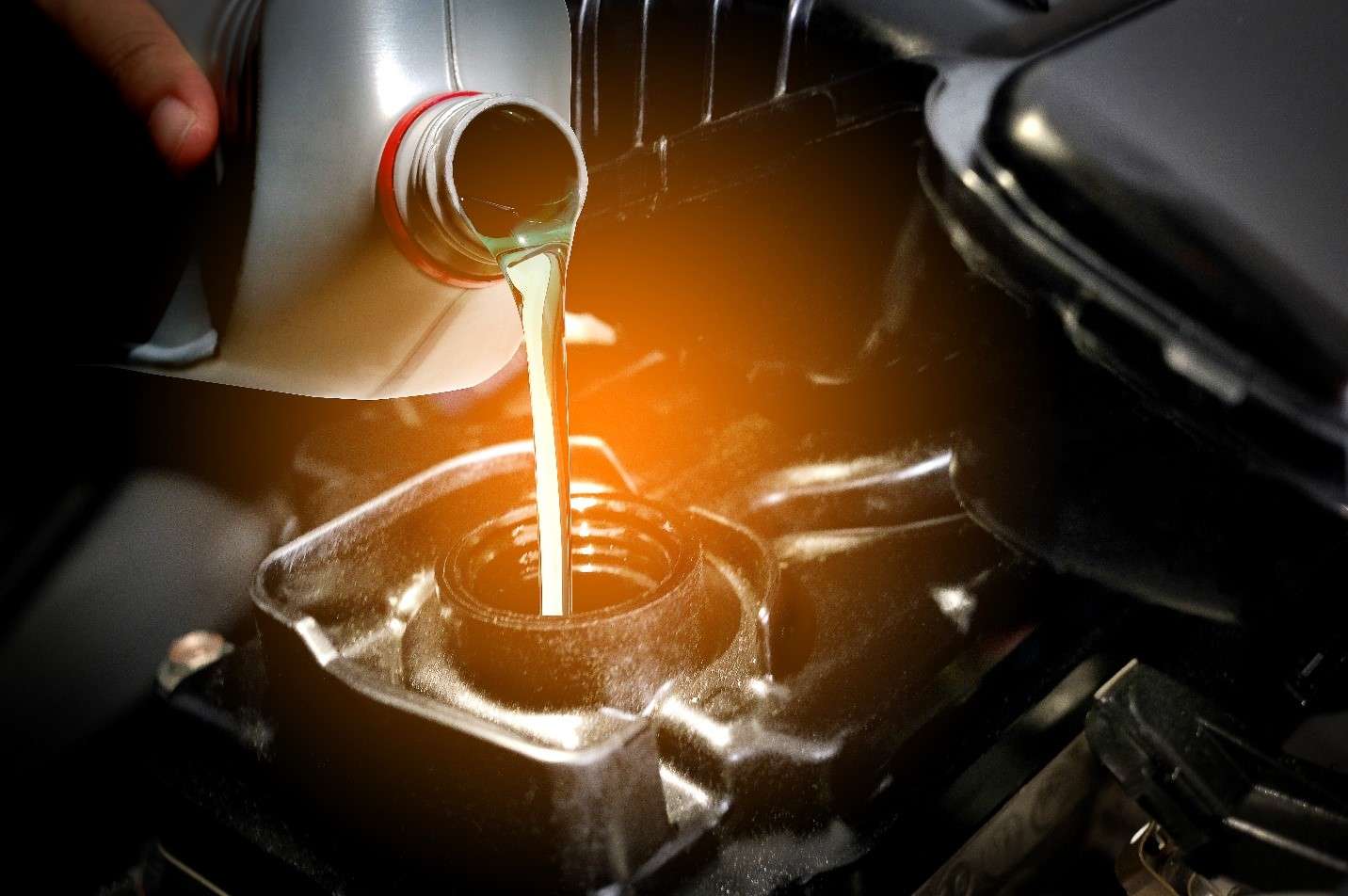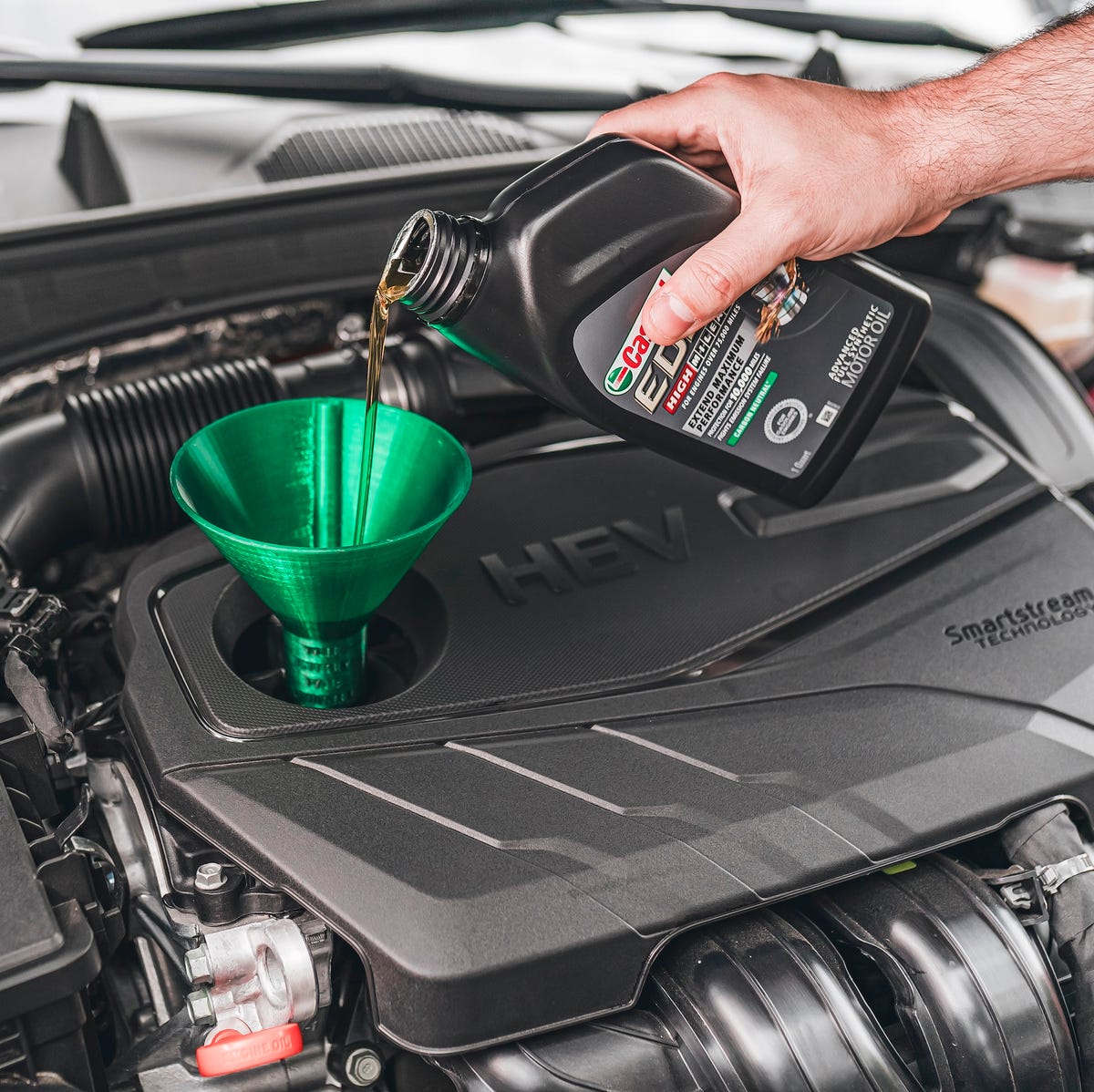Your go-to place for high-quality Oil Change Lockhart services.
Your go-to place for high-quality Oil Change Lockhart services.
Blog Article
Optimize Your Car'S Performance With Normal Oil Modifications
Preserving your car's performance is a complex venture, with routine oil changes standing out as an important component. Fresh engine oil plays an essential duty in making sure ideal lubrication, minimizing friction, and stopping wear on necessary components. This method not just boosts gas performance however likewise fosters a much healthier engine setting. Nevertheless, several motorists ignore the indicators that indicate a requirement for an oil adjustment, potentially compromising their car's durability. Understanding these indications and the advantages of timely maintenance might result in substantial improvements in your auto's general performance. What might you be missing?
Importance of Normal Oil Modifications
While lots of vehicle owners may neglect the importance of regular oil changes, neglecting this essential maintenance job can result in extreme consequences for engine performance and longevity. Engine oil plays an essential role in oiling moving parts, decreasing rubbing, and stopping overheating. Gradually, oil deteriorates because of exposure to warmth and contaminants, which decreases its performance.
Failing to alter the oil regularly can result in the accumulation of sludge and debris, which can obstruct essential engine components and lead to increased wear. This not only jeopardizes engine performance however can also cause pricey repair services or even total engine failure. Furthermore, old oil loses its capacity to reduce the effects of acids produced during burning, which can cause deterioration and more damage.
In addition, numerous vehicle manufacturers suggest particular oil change intervals, frequently based on gas mileage or time. In summary, routine oil changes are not just a recommendation; they are a necessary part of liable car maintenance that protects the engine and enhances overall efficiency.
Advantages of Fresh Oil
Changing to fresh oil uses countless benefits that directly improve engine efficiency and performance. Among the key advantages of fresh oil is its remarkable lubricating residential or commercial properties. New oil reduces friction between engine parts, which not just reduces wear however also adds to smoother procedure. This causes boosted fuel effectiveness, as the engine does not need to work as tough to overcome resistance.
Furthermore, fresh oil effectively cleans the engine by putting on hold contaminants and protecting against sludge build-up. In time, oil ends up being infected with dirt, metal particles, and burning byproducts. Routinely changing oil makes certain that these damaging materials are removed, promoting a cleaner and healthier engine environment.
Furthermore, fresh oil help in optimal temperature guideline. It dissipates warmth better, preventing overheating and possible damages to engine elements. This is specifically essential during peak efficiency circumstances, where warm accumulation can hinder engine performance.
Indications Your Oil Demands Altering
Engine oil is the lifeline of your vehicle, and identifying when it needs changing is Get More Info critical for keeping optimum performance - Oil Change Lockhart. Several indications suggest that it's time for an oil change, and staying vigilant can avoid engine damage and expensive fixings
First, check the shade and uniformity of the oil. Fresh oil is usually brownish-yellow and smooth, while old oil might show up dark and sandy, indicating contamination and reduced effectiveness. A modification in thickness can also signify that the oil has damaged down and is no longer appropriately lubricating engine elements.

An additional indication is the oil modification light on your dashboard. This sharp acts as a tip that the oil has reached its life expectancy or that there is a hidden issue requiring attention. Additionally, unusual engine noises, such as knocking or ticking, may recommend inadequate lubrication as a result of degraded oil.
Finally, if you discover oil places or puddles under your car, it might indicate a leakage that demands prompt assessment and feasible oil change. Listening to index these signs will certainly guarantee your engine operates efficiently and effectively.
Selecting the Right Oil
Choosing the ideal oil for your vehicle is crucial for ensuring optimum efficiency and longevity. Engine oils are available in different kinds and thickness, each developed to fulfill particular needs. The very first factor to consider must be the maker's referrals, which can usually be located in the owner's manual. This support will certainly route you toward the appropriate thickness grade, such as 5W-30 or 10W-40, which shows the oil's thickness at different temperature levels.
Following, take into consideration the kind of oil: traditional, synthetic, learn this here now or a blend. Standard oil is stemmed from petroleum and is ideal for older cars, while synthetic oil provides superior defense and performance for modern-day engines, particularly under extreme problems. Artificial blends incorporate the advantages of both and are usually an affordable option.
Furthermore, seek oils that fulfill industry criteria, such as API (American Petroleum Institute) or ACEA (Organization des Constructeurs Européens d'Automobiles) certifications. These indicators guarantee that the oil has been evaluated for quality and performance. Ultimately, choosing the best oil not only improves engine performance yet likewise adds to the general health of your car, leading the way for smoother driving experiences.
Oil Adjustment Regularity Recommendations

Factors affecting oil adjustment frequency include driving conditions, such as stop-and-go web traffic, extreme temperatures, and hauling heavy lots. Under extreme conditions, it could be sensible to change the oil extra frequently to avoid engine wear. In addition, some modern cars come outfitted with oil life monitoring systems that offer customized suggestions based on driving habits, which can further optimize the oil change timetable.
It's important to consult your owner's manual for specific suggestions customized to your vehicle. Sticking to these standards not just maintains engine health and wellness but also improves fuel effectiveness and minimizes emissions. To conclude, normal oil modifications, timed properly based on different factors, are a fundamental aspect of automobile maintenance that can considerably influence performance and longevity.
Conclusion

Report this page